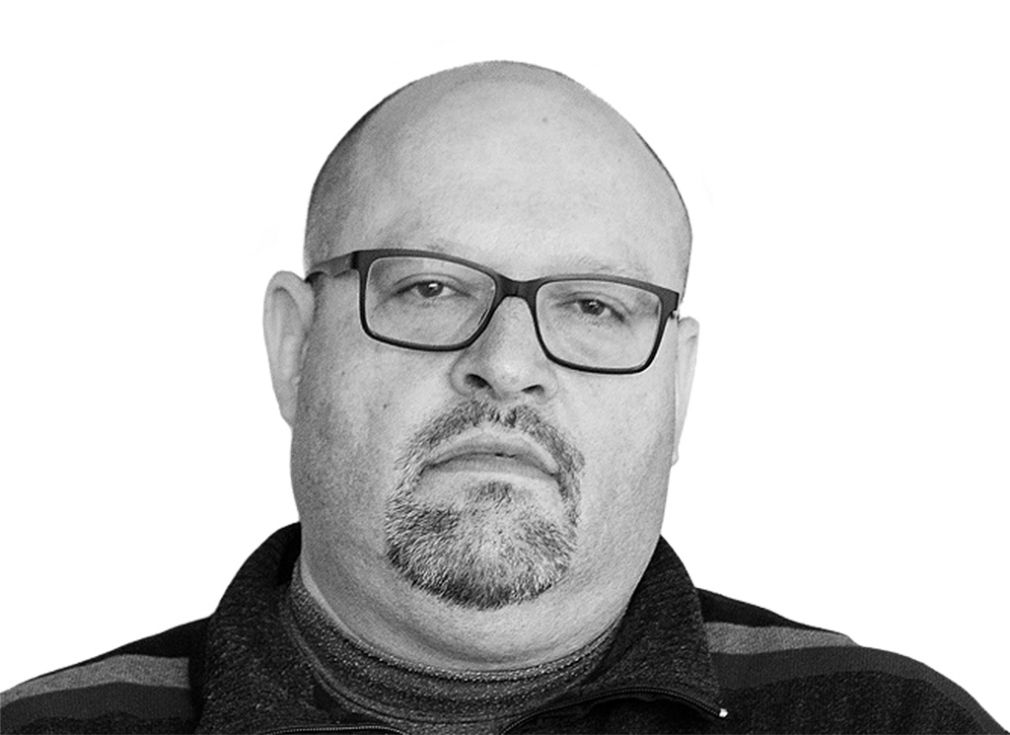By: Dr. Matevž Tomšič
It is becoming apparent that the emerging Slovenian government will not only be more politically monotonous than the previous one, but also more ideological. Let’s remember that many criticised Janša and his people for paying too much attention to ideological topics. However, it seems that Golob’s government will surpass its left-wing predecessors in terms of ideological zeal, orthodoxy, and narrow-mindedness.
Thus, the main priority of the emerging government is not to shorten queues in health care, build new housing for young families or curb food and energy prices, as announced by the future Prime Minister in his pre-election appearances. No, the priority is to attack public service broadcasting.
The amendment to the Radio and Television Slovenia Act was announced on the left before the elections. It should be implemented as soon as possible before the new government is constituted. However, they were overtaken by the Slovenian Democratic Party, as they were the first to file their amendment to the law. By doing so, they ruined their “timeline”. Thus, the new ruling coalition now wants to discuss this amendment at an extraordinary parliamentary session, although this is not in accordance with the rules, as such content does not belong to extraordinary sessions. The Rules of Procedure of the National Assembly clearly stipulate that only those matters that cannot be postponed are considered at an extraordinary session; however, this does not apply to the said amendment. This is therefore an obvious violation of these Rules of Procedure. But the new coalition is in a hurry, as it wants to remove the “wrong” amendment from the agenda in order to “make room” for its own proposal to amend the law.
The purpose of the amendment to the law planned by the new coalition is quite clear. The coalition of the Gibanje Svoboda, SD, and the Levica wants to change the composition of governing bodies, i.e., programme and supervisory board, and in this way remove the management of RTV Slovenia, which is not to the liking of leftists, as it is not on the same political and ideological “wavelength” with them. Once again, they want to establish a loyal cadre, that is, one that will defend their political orientation and provide such media coverage that will support their actions.
The attempt to change the said law is being carried out under the guise of “depoliticization” of public radio and television. However, what they really want is to establish permanent ideological and political control over it through the so-called civil society associated with left-wing. According to the new law, it should be determined in advance which organisations are allowed to nominate people to the governing bodies of this institution. In this way, a kind of closed circle of decision-makers would be created, which would direct its activities regardless of the outcome of the elections. A similar arrangement once existed. At that time, it was exhaustively determined who appointed their representatives (and how many). And “by chance” these were mostly organisations dominated by people close to the left option.
Existing so-called Grims’ law has been widely criticised since its enactment, alleging the politicisation of public service broadcasting. However, it allows the composition of its decision-making bodies to change. It is true that each parliamentary majority usually appoints its own people to the programme and supervisory boards. But relations in parliament are changing, and so is the composition of the bodies; this contributes to their internal plurality. In addition, appointments to these bodies do not overlap with elections, which means that the winning political option cannot immediately tailor them to its liking.
The arrangement that the new ruling coalition is trying to introduce would mean the monopoly power of the left on the “national TV”. Already now, most journalists and editors are markedly left-wing oriented. In this way, any attempt to establish political and ideological pluralism would be suppressed. However, this is something that this institution, in accordance with the basis of its mission, should express in its programme contents.
Dr Matevž Tomšič is a sociologist, university professor at the Faculty of Applied Social Studies in Nova Gorica, and president of the Association of Journalists and Publicists.

